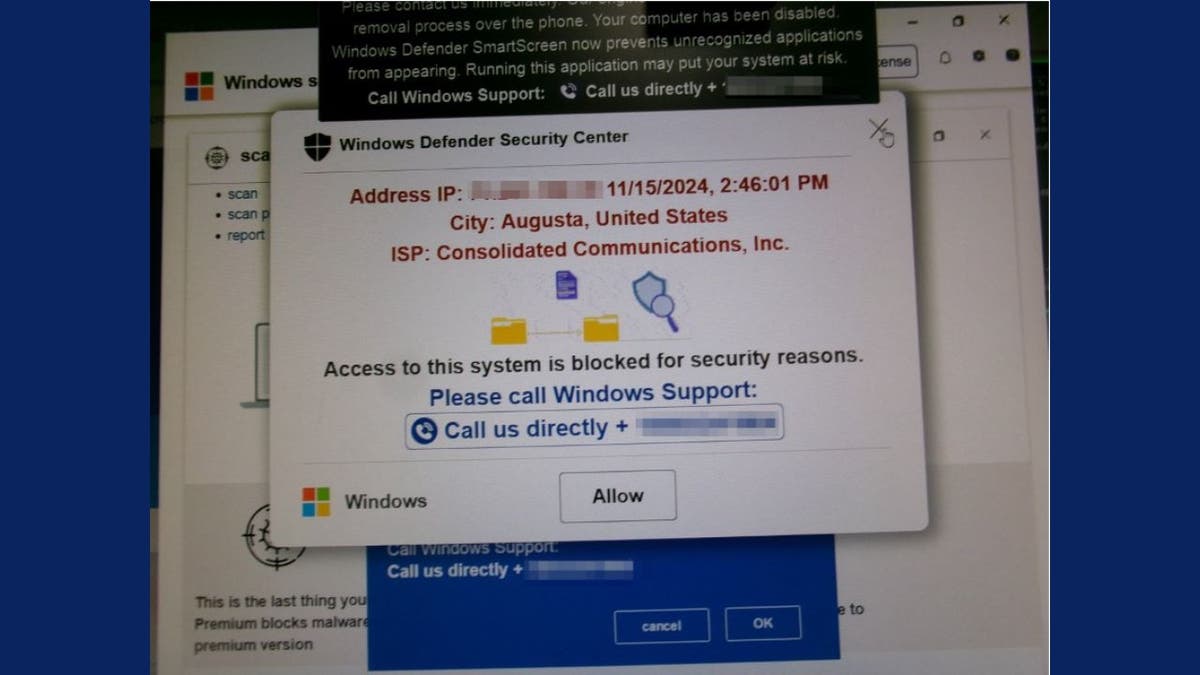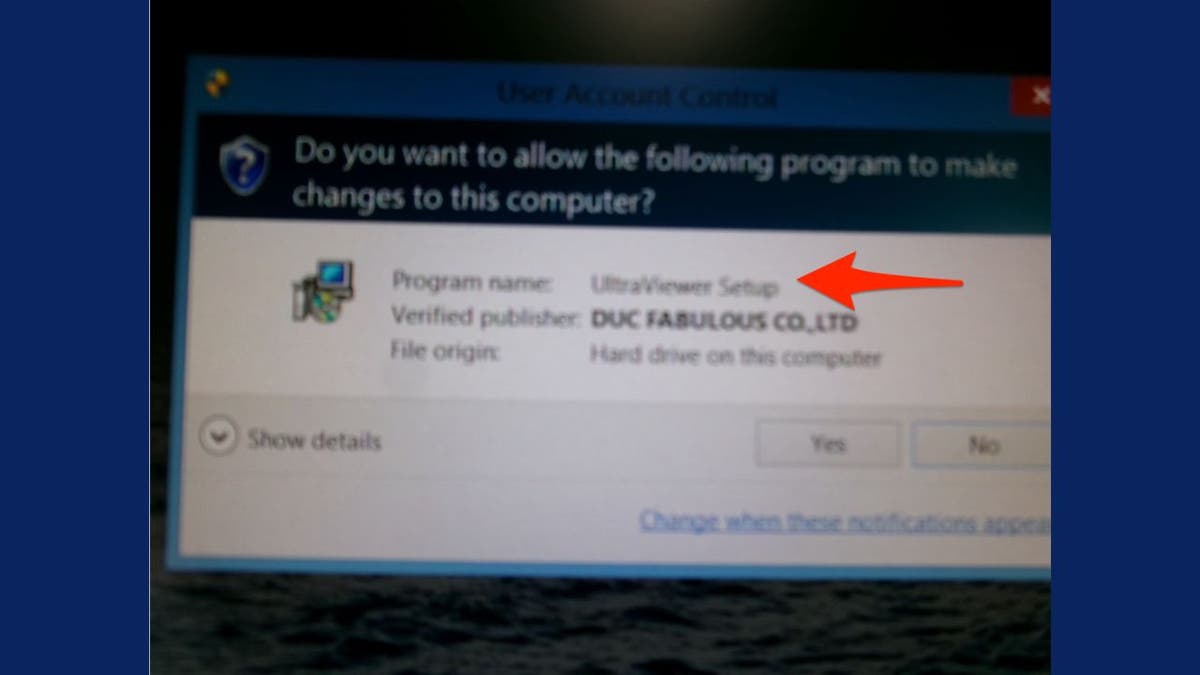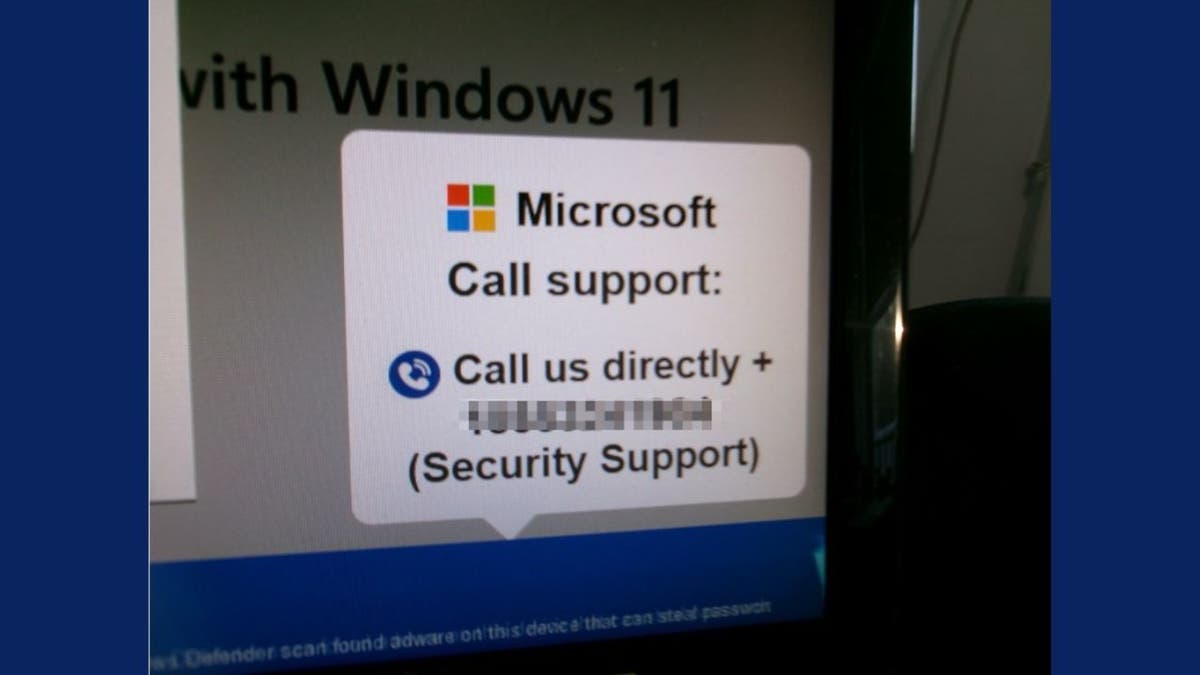A recent tech support scam involved a fraudulent Windows Defender pop-up that tricked a victim into calling a listed number and downloading malicious software. The victim, Janet D., described a frightening experience where a pop-up froze her computer, displaying a message claiming her system was blocked for security reasons, accompanied by a siren and audio message. Upon calling the displayed number, she was instructed to download software from UltraViewer.net, a legitimate remote access tool often misused by scammers.

Identifying Tech Support Scams
Here are some key indicators of a tech support scam:
- Unsolicited Pop-ups: Be wary of unexpected pop-ups claiming to be from Microsoft or other security services. Legitimate companies rarely use pop-ups with support numbers or instruct you to download remote access software.
- High-Pressure Tactics: Scammers use urgent audio and visual cues, like sirens and flashing warnings, to pressure victims into acting quickly without thinking.
- Remote Access Requests: Downloading remote access software like UltraViewer, TeamViewer, or AnyDesk at the behest of an unknown individual is a major red flag.

Responding to a Potential Scam
If you encounter a suspected scam:
1. Avoid Interaction
Don't call the number, click links, or follow any instructions within the pop-up. Independently verify any suspicious numbers or messages. Use Ctrl + Alt + Del to access Task Manager and close the affected browser or application.
2. Damage Control
Remain calm and assess the situation. Check for unfamiliar software and uninstall it. Review your email, banking, and other crucial accounts for unauthorized access. Run a full scan with reputable antivirus software.
3. System Security Enhancement
Uninstall any remote access tools you may have installed. Change passwords for important accounts, especially email and banking. Consider a password manager for generating and storing strong passwords. Enable two-factor authentication for added security.
4. Professional Assistance
If you suspect your system remains compromised, consult a professional or contact Microsoft Support for guidance and to report the incident.

Antivirus Limitations and Further Actions
Many scams rely on social engineering, manipulating human behavior rather than employing malware, thus bypassing antivirus detection. Regular scans are still important, but vigilance and awareness are crucial. If you've provided personal information to a scammer, immediately cease communication, report the incident to law enforcement and relevant financial institutions, monitor your accounts, and consider identity theft protection services.
Comments(0)
Top Comments